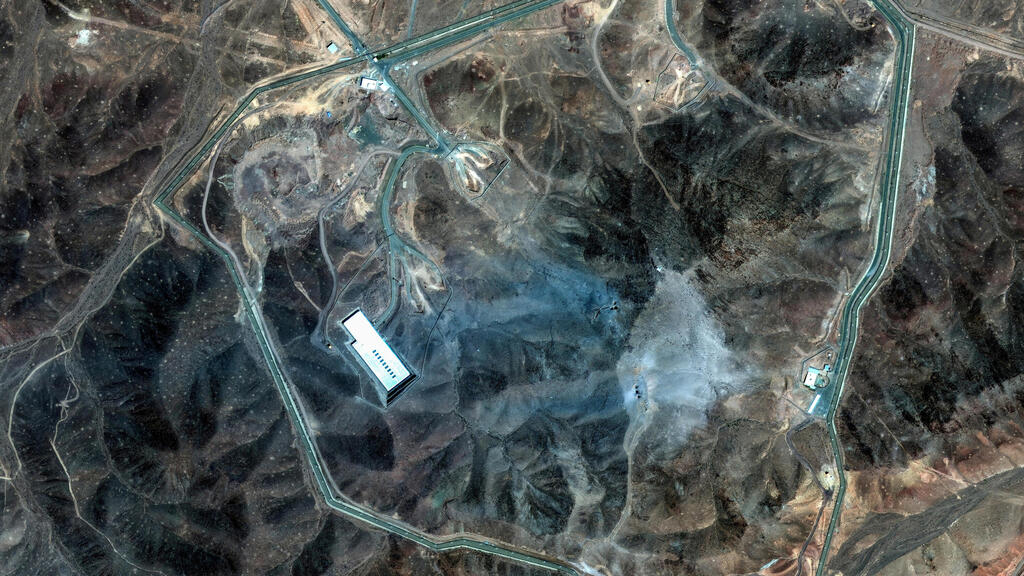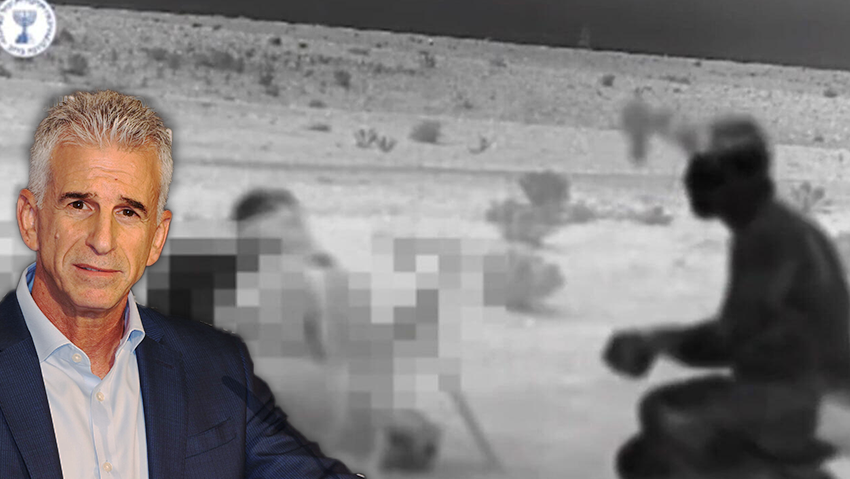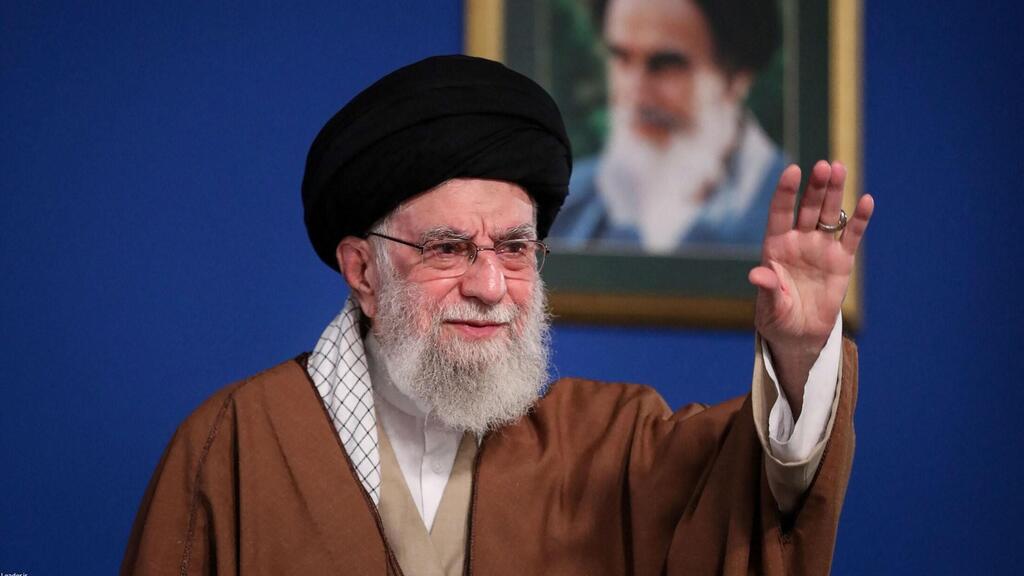‘Israeli spies in Iran for years’: How the Mossad operated long-term in Tehran
The report is based on leaked intelligence documents that were shared by Israel with Western allies, including the U.S. and UK. The documents reveal the full scope of Iran’s ambitions: “Iran was aiming to produce up to 1,000 a year with a reported aim of a stock of 8,000 missiles,” the report read.
live
U.S. President Donald Trump on desctruction of Fordow nuclear site
(Video: Reuters)
A source quoted in the leak added, “Agents in Iran visited every workshop and factory that were later attacked, enabling Israel to target the entire industry that supported the manufacturing of large amounts of missiles.”Despite these ambitions, experts estimate that Iran began its recent confrontation with Israel with approximately 2,000–2,500 missiles.
According to The Times, the Mossad concluded from the intelligence that Iran’s technological capabilities, know-how and access to nuclear components “was racing ahead and it was far more extensive than just the main sites at Fordow, Natanz and Isfahan.”
A senior intelligence official told the paper that Israel has monitored multiple Iranian facilities in recent years using “boots on the ground.” Based on the intelligence gathered, Israel reportedly began preparing for potential strikes in Iran as early as 2010.
The report also linked Israeli intelligence operations to specific attacks, including the strike on the Natanz nuclear facility, which was allegedly guided by Israeli spies who mapped the site — including underground layouts. Israeli forces are also said to have infiltrated additional sensitive sites in Isfahan and even the headquarters of Iran’s Islamic Revolutionary Guard Corps (IRGC).
Trump said his statement was based on an Israeli intelligence report that cited “people who were on the ground after the strike — and said there was total destruction.”
Dr. Efrat Sopher, head of the Ezri Center for Iran and Persian Gulf Studies at the University of Haifa, said, “For decades, Israel has tracked Iran’s activities from within. The Mossad played a central role in neutralizing the Iranian threat — and its successes against Iran and its proxies will go down in history.”
The depth of Israel’s penetration into Iranian intelligence networks has reportedly triggered what officials are now describing as a “state of paranoia” within the regime. Over 1,000 Iranians have been arrested, armed patrols have been deployed to the streets, and the so-called “morality police” have intensified enforcement of religious dress codes for women.
The regime has even called on citizens to spy on their neighbors — monitoring when they leave and return home and reporting any suspicious sounds coming from inside their apartments.
3 View gallery


Fordow nuclear site following U.S. strikes
(Photo: MAXAR TECHNOLOGIES/Handout via REUTERS , SATELLITE IMAGE ©2025 MAXAR TECHNOLOGIES / AFP)
The Times also addressed reports that Trump had halted a plan to assassinate Iran’s Supreme Leader Ali Khamenei. According to the paper, Israeli intelligence considered targeting Khamenei in the early stages of the military campaign. However, Israel reportedly decided not to strike him on the first day of the operation, despite having the opportunity to do so as part of the initial wave of attacks.
A senior Israeli official told The New York Times — in a report co-authored by "Yedioth Ahronoth and Ynet journalist Ronen Bergman — that the decision was ultimately made due to insufficient intelligence to carry out the operation.
Debate continues over the extent of the damage to Iran’s nuclear program. While some U.S. officials estimate that Iran’s capabilities could be rebuilt in “a matter of months,” Trump insists the threat has been “completely eliminated.”

